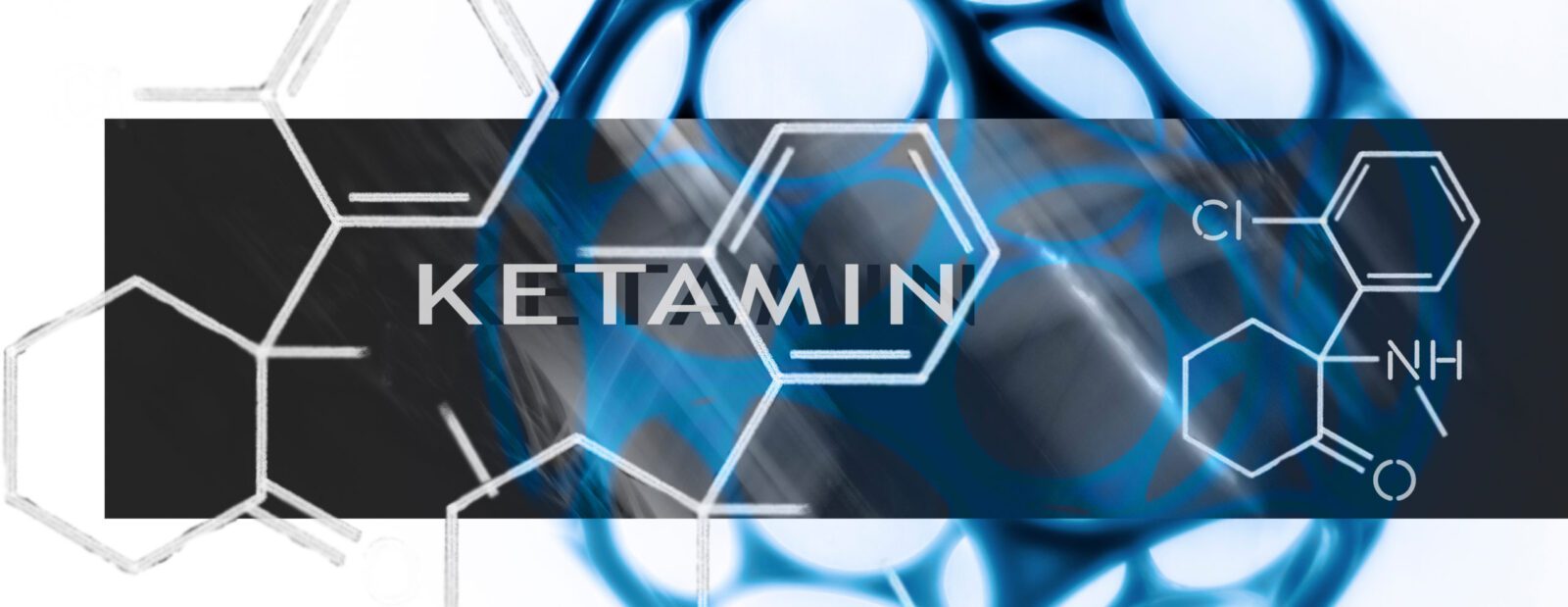Could Ketamine Be The Next Frontier In Addiction Treatment?


A drug that itself has been historically most known for its prominence as a drug of abuse is not exactly the first that might come to mind as a potential treatment for addiction. But though early trials of the psychoactive drug ketamine as a treatment for depression excluded people with a history of substance abuse problems for just this reason, more recent research is showing that the drug may have untapped potential in the treatment of substance abuse disorders.
What Is Ketamine?
Also known by a variety of cheeky nicknames like Vitamin K, Special K, or Kit Kat, ketamine first gained prominence as a form of anesthetic that can be administered in situations where regular anesthesia cannot be used, such as for soldiers on a battlefield, children, radiation patients, and burn victims. It is also commonly used as an anesthetic in veterinary medicine.
However, in the 1980s, ketamine became popular as a club drug for the floaty, dreamy, trancelike sensation it invoked in its users. And the drug definitely has its dark side; addiction, though it is relatively rare, wasn’t unheard of, and too much ketamine could put a user into a deeply unpleasant K-hole, immobilizing them and making them feel completely detached from reality. Due to these tranquilizing effects, ketamine has also been used as a date rape drug.
Ketamine For Depression
However, in recent years, low-dose ketamine administered in a medical setting has shown significant promise as a treatment for depression. It is generally administered through an intravenous infusion, and though patients may experience a mild trancelike or high feeling during their treatment that one patient described as like being in a “twilight sleep,” the real effects only become visible afterward.
It is thought that ketamine works by making the brain more plastic, thus allowing it to rewire itself and to repair the damage that causes depression. After treatment, patients for whom ketamine is successful can report feeling revitalized, as opposed to emotionally flattened while on other antidepressants. One patient described it as feeling as if a “veil was lifted,” and in one first hand account published recently in the New York Times, Zoe Boyer describes her experience being treated with ketamine for her severe depression as follows:
“It was as though a switch had been flipped and my brain lit up. I noticed color creeping back into the world, and the hard knot of dread and dispassion in my chest melted away.
My productivity skyrocketed. Within a couple weeks I had cleaned and organized my apartment, applied to and been hired at two jobs, started a meditation practice and begun learning a new language…. I hardly recognized the buoyant person I’d become.”
However, ketamine does come with its own potential for serious side effects like bladder damage, brain damage, and persistent hallucinations. Those who are given ketamine treatment for their depression also usually need to come back in for additional “booster” transfusions of the drug, and since the drug is so new on the scene, its long term effects are not completely known. But, in cases where more conventional depression treatment has failed, experts believe that low-dose ketamine administered under a doctor’s care comes with “virtually no potential for addiction or abuse” and comes with the potential to change or even save hundreds of lives.
Ketamine And Telehealth
Though ketamine for depression has generally been administered only in its intravenous form, the loosening of restriction on the prescription of controlled substances necessitated by the COVID-19 pandemic has allowed for the advent of clinical practices that can offer sublingual ketamine tablets that one can take in the comfort of their own home.
Though the idea initially seems to raise unsettling questions given ketamine’s history as a drug of abuse, telehealth ketamine service Mindbloom says that 92 percent of clients who presented with moderate to severe symptoms of depression reported improvement after just two ketamine sessions.
Mindbloom also strictly monitors their patients, requiring a consultation with a clinician and before and after the patient’s ketamine “experience,” as well as that a peer monitor be present with the patient in person, lowering the potential for abuse or addiction. The dose of ketamine offered is also still lower than those traditionally associated with recreational ketamine use.
Since ketamine is not considered a conventional depression treatment, it is often not covered by insurance, but the high cost of intravenous ketamine comes mostly from the medical professionals and equipment needed for infusion rather than the relatively cheap drug itself. Sublingual, remotely monitored ketamine treatment is thus an exciting possibility given its greater accessibility and affordability.
Ketamine and Addiction
In two notable recent studies, ketamine has been found to increase the success rate of a mindfulness-based behavioral intervention in groups of patients who were recovering from cocaine and alcohol abuse. In both studies, patients who had received a ketamine infusion were significantly less likely to relapse than those who had received a placebo.
Other anecdotal evidence for ketamine’s potential comes from basketball player Lamar Odom, who nearly died of a drug overdose in 2015 and credits ketamine with giving him a “healthy high” that helps him maintain his sobriety.
“I don’t wake up looking to do lines … or feeling unfulfilled… doing drugs didn’t even enter my mind,” he described in a May interview with Good Morning America.
“I’m alive, I’m sober, I’m happy,” he continued.
While research on ketamine and addiction is still in its infancy, these promising early results raise the possibility that ketamine itself will get to enjoy a similar redemption arc to Odom’s, going from a maligned club drug to a respected recovery aid. Considering how often depression and addiction coincide, medically administered ketamine may be a promising treatment option for many people with a history of substance abuse who are already in recovery as well.
But for now, there are plenty of other options to help you to maintain a healthy, sober life. To learn more about the RECO Institute and how our state of the art sober living program can support you in your recovery, feel free to reach out to us at 561-665-5925.
Sources:
www.nytimes.com/2021/05/30/opinion/ketamine-treatment-depression.html
www.psychologytoday.com/us/blog/two-takes-depression/201904/ketamine-vs-esketamine-depression
www.ncbi.nlm.nih.gov/pmc/articles/PMC6717708/
www.psycom.net/ketamine-depression
askp.org/are-ketamine-infusions-addictive/
www.discovermagazine.com/mind/ketamine-might-help-alcohol-addiction-by-rewiring-the-brain















